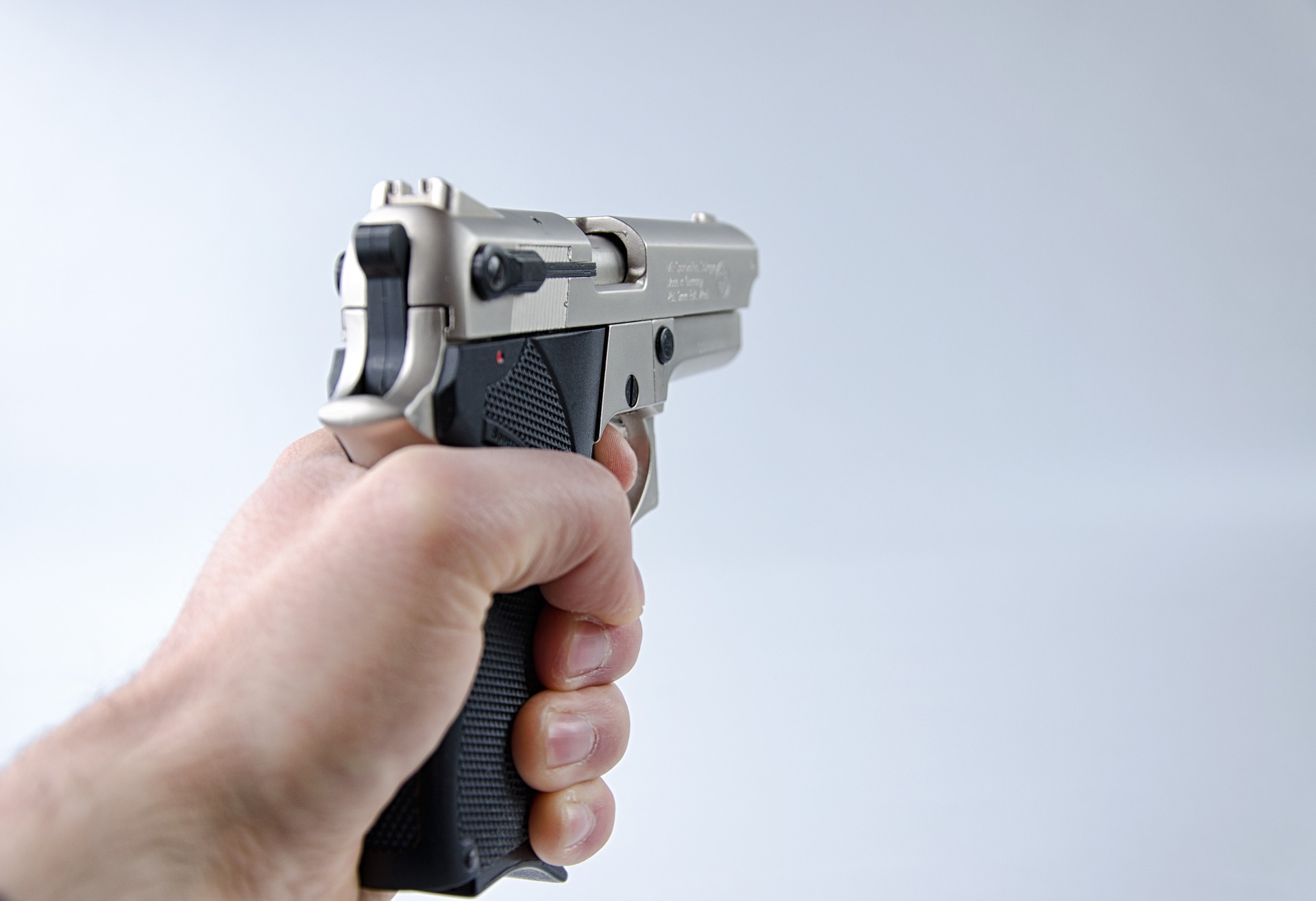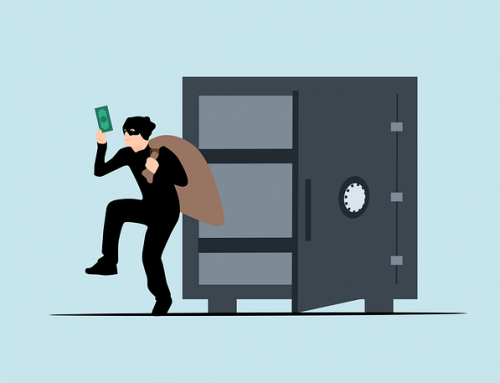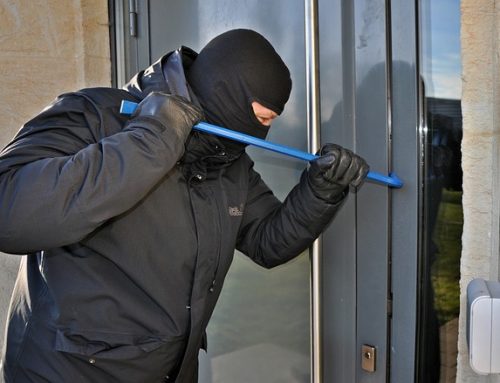The LAPD has been investigating a series of armed robberies at Trader Joe’s grocery stores throughout Los Angeles County and is seeking the help of the public in identifying the suspect. Investigators say that they have identified eight robberies, all of which are connected, with four being in Los Angeles, two in Long Beach, one in Irvine and one in Culver City.
Investigators have released a composite sketch of the suspect in an effort to obtain the public’s assistance in identifying him. A $15,000 reward is being offered for any information leading to an arrest.
Robbery is covered under California Penal Code 211 PC and is described as the taking of personal property from someone else’s possession or immediate presence, against that person’s will, using force or fear. California’s robbery law covers a variety of potential scenarios that may not seem obvious. For example:
- Drugging someone and taking their possessions
- After being caught trying to steal something, threatening someone in order to get away
- Committing physical assault in the act of stealing someone else’s property
Robbery is always a felony in California and the penalties depend on whether one is charged with first-degree or second-degree robbery. First-degree robbery is charged when:
- The victim is a driver or passenger of any streetcar, cable car, taxi, subway or bus
- The robbery takes place at an inhabited structure or,
- The victim is using, or just used, an ATM and is still near it
Second-degree robbery is charged in any other scenario that doesn’t fall under first-degree robbery. The penalties for first-degree robbery include Three to nine years in California state prison, while second-degree robbery penalties include two to five years. However, if a firearm is used during the commission of a robbery, the sentence is enhanced to include an additional 10 years for using the gun during a robbery, 20 years for firing the gun, or 25 years to life for causing great bodily injury or death.
Bail for first-degree robbery is set at $100,000, and second-degree robbery is set at $50,000 bail.






